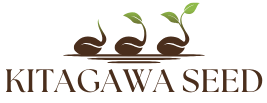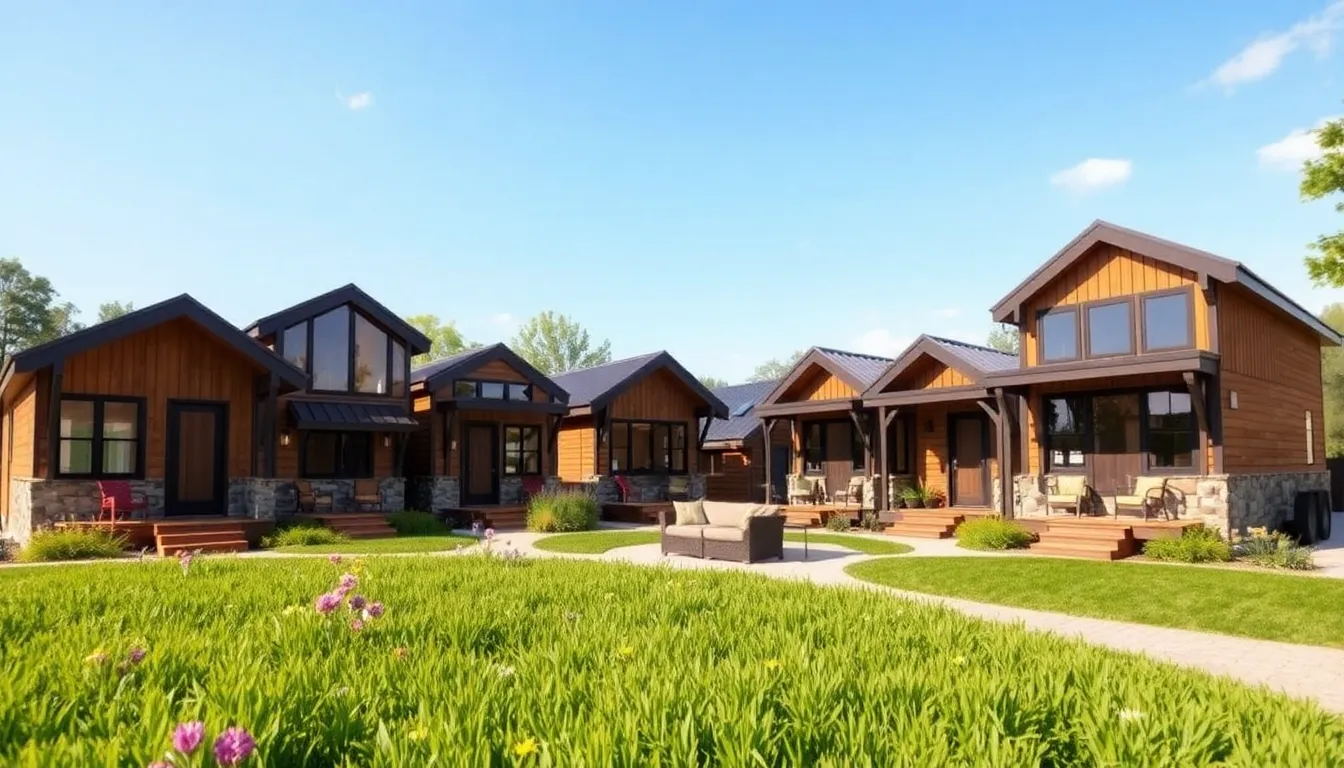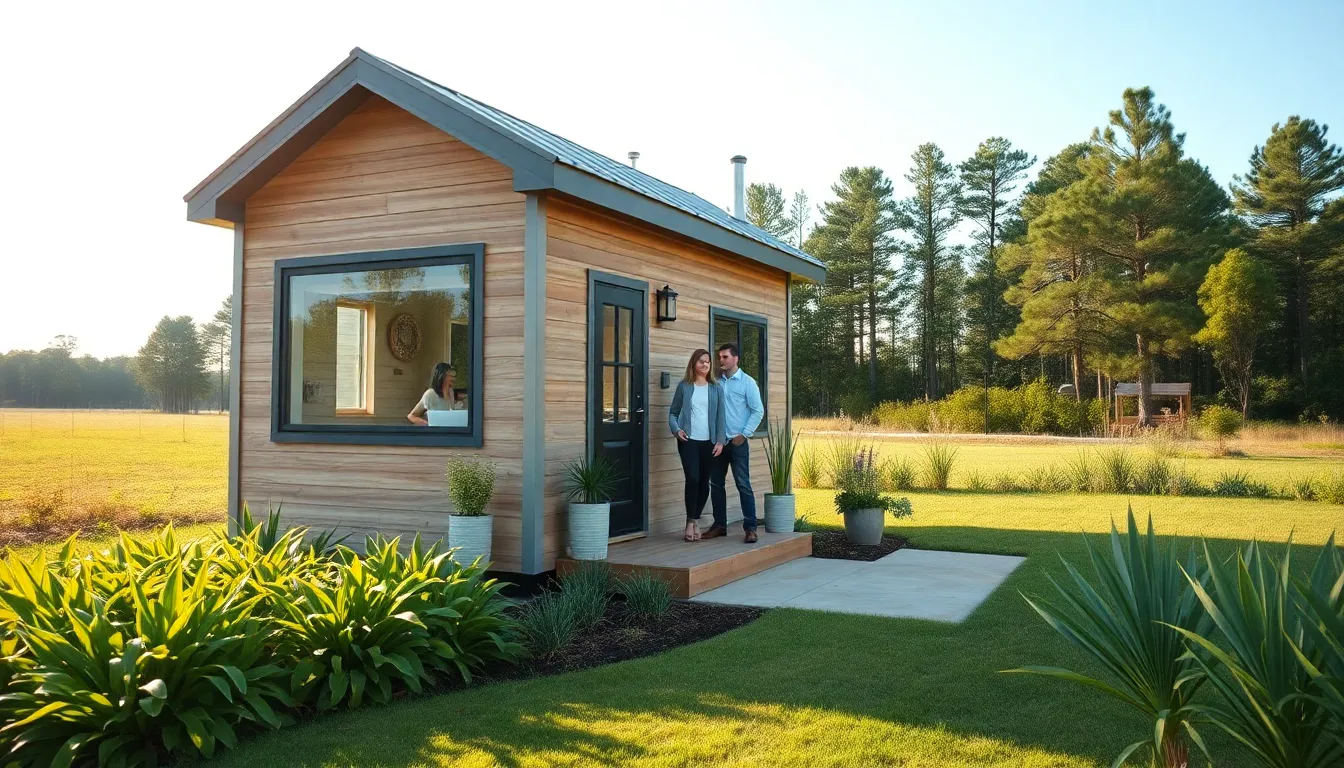Navigating the world of reverse mortgages can feel like trying to find your way out of a corn maze—confusing and a bit daunting. But fear not! Reverse mortgage options are here to help homeowners aged 62 and older tap into their home equity without the hassle of monthly payments. Imagine turning your home into a cash cow while you sit back and enjoy retirement.
Table of Contents
ToggleUnderstanding Reverse Mortgage Options
Seniors access their home equity through reverse mortgage options, providing much-needed financial flexibility. Multiple types exist, each tailored to meet distinct needs. The Home Equity Conversion Mortgage (HECM) stands out as the most popular choice, insured by the Federal Housing Administration (FHA). It enables homeowners to convert part of their home equity into tax-free cash.
Seniors pursuing flexibility often consider proprietary reverse mortgages. These private loans offer a higher loan limit and cater to homeowners with high-value properties. Adjustable-rate mortgages attract those who prefer interest rates tied to market fluctuations, while fixed-rate options suit individuals wanting stability in payments.
Eligibility requirements vary by type. Generally, homeowners must be 62 years or older, own their home outright or have a low mortgage balance, and maintain the home. Lenders assess the home’s value, and a financial assessment ensures borrowers can meet obligations like taxes and insurance.
The payout options present further variety. Borrowers can choose between a lump sum for immediate cash, monthly payments for consistent income, or a line of credit for flexible access when needed. Each option aligns with different financial strategies, allowing seniors to tailor their approach according to their retirement plans.
Understanding reverse mortgage options empowers individuals to make informed decisions. Consulting with a certified reverse mortgage counselor ensures clarity in complex processes. Seniors benefit from this financial tool, maximizing their retirement resources and improving their cash flow.
Types of Reverse Mortgages
Various reverse mortgage options exist, each designed to meet specific needs of homeowners aged 62 and older. Understanding these types helps in making informed decisions about accessing home equity.
Home Equity Conversion Mortgages (HECM)
Home Equity Conversion Mortgages (HECM) represent the most common reverse mortgage, federally insured by the Federal Housing Administration (FHA). These loans allow eligible homeowners to convert a portion of their home equity into tax-free cash. Borrowers retain ownership of their homes while avoiding monthly mortgage payments. HECMs also offer flexible payout options, including lump sums, monthly payments or lines of credit. To qualify, applicants must be at least 62 years old, reside in their property, and have either paid off their existing mortgage or maintain a low balance.
Proprietary Reverse Mortgages
Proprietary reverse mortgages cater to homeowners with higher-value properties, providing more substantial loan amounts. These loans, offered by private lenders, differ from HECMs in that they aren’t federally insured. Flexibility characterizes proprietary options, allowing owners greater freedom in how they manage their funds. Borrowers also benefit from potential higher loan limits compared to HECMs, making them an appealing choice for affluent seniors. Qualifying criteria typically mirror those of HECMs, including age requirements and property occupancy regulations.
Eligibility Criteria for Reverse Mortgages
Understanding eligibility for reverse mortgages is essential for homeowners considering these options. Various factors, including age and home ownership status, determine qualifications.
Age Requirements
Homeowners must be at least 62 years old. This minimum age requirement applies to all reverse mortgage options. Seniors in this age group can tap into their home equity. For those younger than 62, access isn’t available. The rationale behind this age limit centers on retirement needs, as older adults often seek financial support. As a result, many seniors find reverse mortgages an effective way to enhance their cash flow during retirement years.
Home Ownership Status
Ownership of the home is crucial for eligibility. Homeowners must either own their residence outright or hold a low remaining mortgage balance. Owning the home free and clear simplifies approval and maximizes loan benefits. Seniors who have substantial equity in their homes find this option appealing. Lenders assess property maintenance by requiring homeowners to keep the property in good condition. A maintained and eligible home enhances chances for a reverse mortgage application.
Advantages of Reverse Mortgage Options
Reverse mortgage options offer a range of benefits, making them appealing for seniors looking to enhance their financial situation.
Financial Flexibility
Homeowners gain significant financial flexibility with reverse mortgages. They can access home equity and use funds for various needs, such as healthcare or home improvements. Choices vary among lenders, with some offering lump sum payouts while others provide monthly distributions. Lines of credit remain an attractive feature, allowing borrowers to draw funds as needed. This accessibility helps seniors manage unexpected expenses or maintain their lifestyle during retirement. Overall, reverse mortgages empower homeowners to utilize their property’s equity for diverse financial needs.
No Monthly Payments
Another key advantage is the absence of monthly payments. Borrowers don’t need to make regular mortgage payments, reducing their financial burden. Instead, the loan balance increases over time, and repayment occurs when the homeowner sells the property or passes away. This structure alleviates financial stress, providing seniors with peace of mind. The ability to focus on other expenses, like healthcare or day-to-day living costs, enhances overall quality of life. Ultimately, not having to make monthly payments allows homeowners to allocate resources more effectively.
Disadvantages of Reverse Mortgage Options
Understanding the disadvantages of reverse mortgage options is crucial. Homeowners must consider potential drawbacks before making a decision.
Impact on Inheritance
Reverse mortgages can significantly impact inheritance. When homeowners withdraw equity, the loan balance increases, which may reduce the amount left to heirs. Heirs might inherit a property that holds a smaller legacy due to accrued interest on the reverse mortgage. Furthermore, any remaining equity often goes toward repaying the loan upon the homeowner’s passing. This scenario can create conflicts among family members about property ownership and inheritance expectations.
Fees and Costs
Reverse mortgage options often come with high fees and costs. Closing costs, origination fees, and servicing fees can add up quickly. Homeowners may pay as much as 2% to 5% of the home’s value in upfront fees. Since these costs get added to the loan balance, they can further diminish equity over time. Additionally, borrowers must maintain the property and pay property taxes to uphold the loan status. These ongoing expenses can strain a retiree’s budget and reduce the financial benefits of a reverse mortgage.
Conclusion
Reverse mortgage options present a unique opportunity for seniors to tap into their home equity and enhance their retirement finances. By understanding the various types available and their respective benefits and drawbacks, homeowners can make informed decisions that align with their financial goals.
While these financial tools can provide significant cash flow without monthly payments, it’s crucial to consider the long-term implications on inheritance and overall costs. Consulting with a certified reverse mortgage counselor ensures that individuals navigate this complex landscape effectively, allowing them to maximize their resources and improve their quality of life in retirement. With careful planning and consideration, reverse mortgages can be a valuable asset for many seniors.







